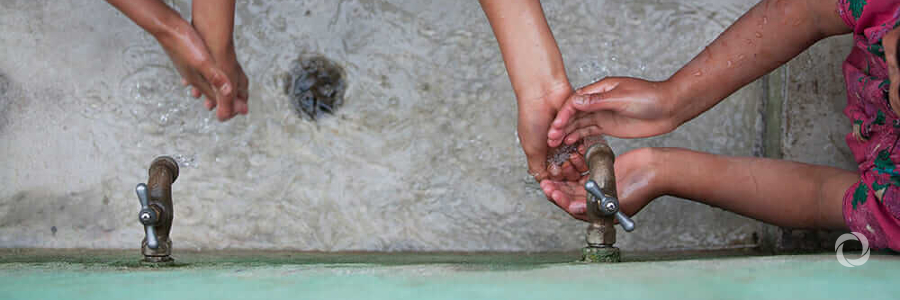The World Bank announced a US$300 million loan for complementing the current ‘’Sustainable Rural Sanitation Services Program’’, to support the expansion of the government’s efforts to increase access to, and improve rural sanitation services in Egypt’s poorest governorates.
The original US$550 million program was launched in 2015 in support of the government’s National Rural Sanitation Program (NRSP), which aims to guarantee good quality sanitation services for a rural population of around 50 million Egyptians. The initial Bank program focused on the priorities of connecting households near important waterways to improved sanitation systems, and decentralizing sanitation services to improve their quality by making them more accountable to citizens.
The program has so far supported the launch of a performance-based grant system for local Water and Sanitation Companies and made significant progress toward the initial goal of connecting 167,000 rural households, or 833,000 Egyptians. The additional financing will scale-up the program to build on the momentum toward the decentralization of sanitation services and more than double the goal to 345,000 households, or around 1,710,000 Egyptians. The Asian Infrastructure Investment Bank is co-financing the scaled-up program with US$ 300 million.
“Ensuring that every Egyptian has access to good quality sanitation services is a national priority,’’ said Dr. Sahar Nasr, Egypt’s Minister of Investment and International Cooperation who also represents Egypt on the World Bank’s Board of Governors. ‘’Our partnership with the World Bank through this program is providing vital support for reaching this goal. Good sanitation is critical for protecting the health of our population, Egypt’s most precious resource, and ensuring that we can all live full, productive lives.”
While almost 90% of urban households are connected to sanitation services, the figure drops to 18% in rural areas. The program, through its support to the government’s NRSP, aims to help overcome this disparity by empowering local Water and Sewer Companies and strengthening their relationship with their customers.
The additional financing will also support the construction or upgrading of wastewater treatment facilities to appropriate standards. The program will rely on local Water and Sanitation Companies for both the household connections and the construction of sanitation infrastructure. The aim is to further empower local Water and Sanitation Companies by strengthening their operational and financial performance and ultimately improving the sustainability of the national sanitation system.
Original source: World Bank
Published on 21 September 2018

